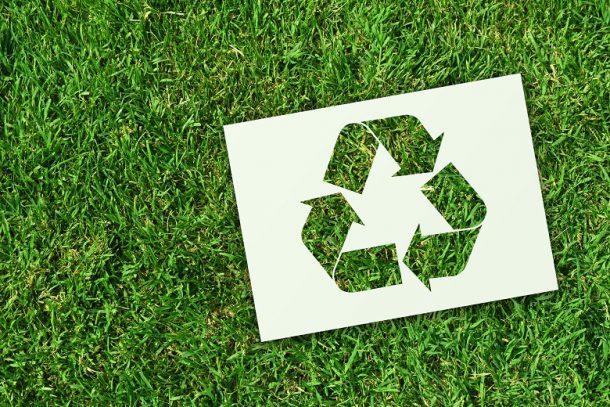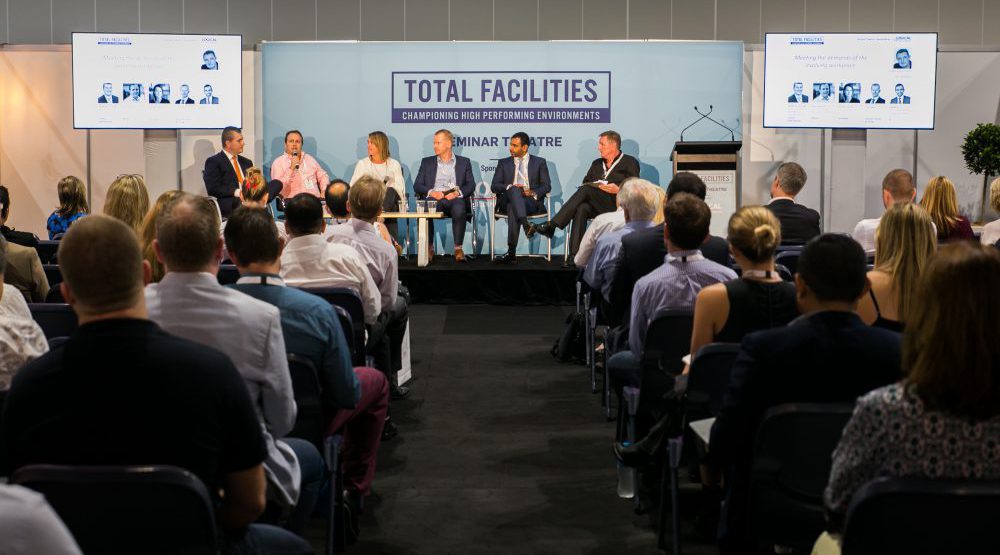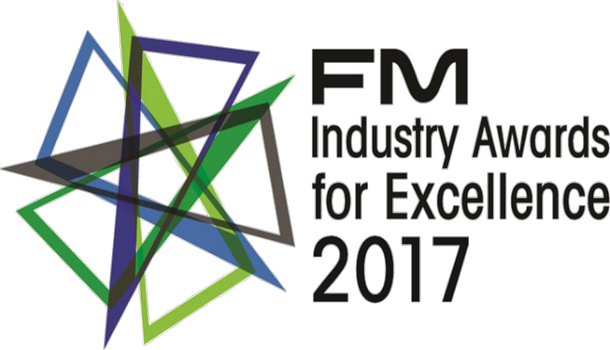
The Waste Management and Resource Recovery Association of Australia (WMRR) hosted a waste and resource recovery roundtable in Sydney this week, attended by industry leaders and the Federal Environment Minister, Sussan Ley.
The roundtable was attended by executives from SUEZ, Cleanaway, Veolia, JJ Richards, ResourceCo, Tyrecycle, Visy Industries, Re.Group, Bingo Industries, Alex Fraser, and O-I.
Executives shared their insight with the minister on the current barriers to growth and success, including the lack of a nationally consistent and harmonised policy and regulatory framework.
WMRR CEO, Gayle Sloan, said a harmonised and consistent approach is needed by industry and government.
“Whether you’re from SUEZ, Cleanaway, ResourceCo or Bingo, the message is the same, businesses need certainty to invest and thrive, and this is sorely lacking in Australia at the moment, in large part due to different policies, strategies, regulations, and specifications across jurisdictions, and the lack of markets.
“The federal government is in a position to lead all of that being pulled together to provide a harmonised and consistent approach,” WMRR CEO, Gayle Sloan, said.
“The goal posts are also constantly changing and often, our industry is a political football which exacerbates the challenges because it causes greater instability and uncertainty. The minister listened intently and said she had a clear idea of the current landscape and need for greater harmonisation, which we appreciated.”
The forthcoming export ban on waste paper, plastic, glass and tyres, was also a focus of the meeting, with the Environment Minister advising industry it would be on the agenda at the 8 November Meeting of Environment Ministers.
Industry leaders said they would applaud the ban if it was coupled with the expansion of reprocessing and recycling, and the development of domestic remanufacturing, all of which spell economic growth and jobs.
But the ban must not be rushed, and the minister was advised that a considered approach towards its implementation must be front and centre of Government’s mind.
“The ban will not work if we do not have markets for recycled materials. Sure, we can stop shipping these materials, and industry does not want to export – we absolutely want to reprocess and recycle right here in Australia – but if there’s no buyback or take up of the recycled products, where does that leave us? So, the ban must be supported first and foremost by sustainable and mandated procurement at all levels of Government, with the Commonwealth leading the way,” Sloan said.
“The ban must also be complemented by a structural shift in the way we design products and producers must start taking greater responsibility for what happens to the materials they manufacture, including possibly contributing to the cost of end-of-life; we need mandatory extended producer responsibility schemes, starting with packaging.
Sloan said the Federal Government must also use its position and the levers it has to mandate a certain percentage of recycled material in products and to complement that, the industry urgently needs national specifications for recycled content.
The government may need to also consider tax incentives and grants as Australia develops these markets for recycled products.
“Regardless of the material stream, we need markets for all recovered material in order to truly recycle and close the loop. It’s all about market development and market demand.
“There is no quick fix, but it is encouraging to see that waste and resource recovery is now a priority,” Sloan concluded.
Comment below to have your say on this story.
If you have a news story or tip-off, get in touch at info@3.106.117.80.
Sign up to INCLEAN’s newsletter.





